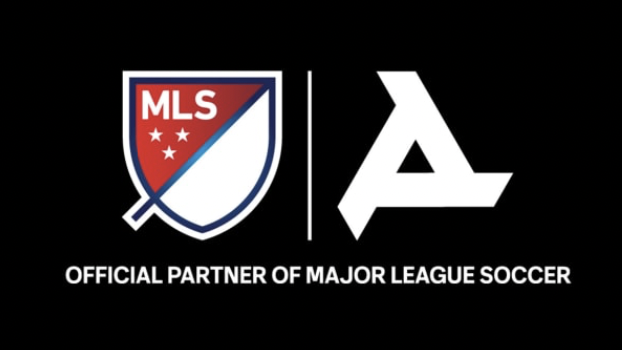May 3 – The rapidly-growing artificial intelligence industry is making its mark on the scouting and recruitment of the next generation of young footballers. British startup ai.io is emerging as one of the leaders in a sector that it hopes will revolutionise talent identification.
The company already has two Premier League partnerships under its belt having secured long-term deals with Chelsea and Burnley in recent seasons.
It is now looking to the US and the MLS in what it says will be a ‘massive’ expansion as it piggybacks on the explosion of the professional game in the country.
“We’re very excited to branch out into the Major League Soccer later this year,” Richard Felton-Thomas, Director of Sports Science & Chief Operating Officer told Insideworldfootball.
“We’re in our third year of a five-year contract with Chelsea and have spent four years with Burnley. We’ve got 150 clubs that are ready to join the platform as we grow our sales team, plus the partnership with the MLS where our product gets rolled out across every team in September.
“The data shows that soccer is the fifth most popular sport in the US, even though the first sport most people pick up is soccer, because it’s easy to get involved and get a ball around.
“They lose that talent around 9-12 years old when they enter school and start to play different sports where the pathways are more set, like basketball or American Football.
“By introducing the app into the MLS, it shows there’s a pathway into soccer across the US. They’re looking to keep young people engaged with soccer this could benefit the whole sport across the continent.”
The company works principally through its aiScout app and aiLabs mobile lab that tours clubs to measure performance levels. The aiScout app aims to change the face of grassroots scouting using its artificial intelligence model to increase the accessibility of professional football, whilst aiding scouts in their mission to pick up top young players ahead of their rivals.
“We have built an Ai capability that can track any human movement and score young players based on football ability,” Felton-Thomas said.
“Ultimately the way we score it is we get all the players at the clubs to do the drills at every youth level to set a baseline. This will give players a perspective of ‘how good am I compared to what’s at the club’. For the scouts, players will drop into watchlists if they are meeting certain criteria that the club is looking for, meaning that the scout can go and target specific people.
“All you need to get recognised is a mobile phone. The app is free to use. We wanted to make sure that no one missed out because of financial constraints, which happens a lot in scouting. The clubs pay to license their trials, so they are ultimately paying for the players to have their opportunity.
“Players at grassroots level are already trying uploading videos to YouTube to showcase their skills, hoping a scout sees it. As a scout, rather than sitting through YouTube and watching a load of videos you’re going to see a collection of videos that are tracked, scored and much more relevant to what you’re looking for.”
Its impact in the American soccer industry is where the app will truly be tested, as it is working in a competitive sports market where top athletes have multiple sports choices.
Felton-Thomas added: “We’ve now started to have organisations and leagues approach us as well as individual clubs, with the idea being ‘how do we grow the game from the bottom up?’”
The app also looks to tackle sustainability issues faced in the scouting industry, with pressure building for top clubs to take greener options wherever possible.
“Football clubs are no different to any other business,” Felton-Thomas continued. “Scouting operations are very manual currently, involving lots of travel to see each player. By using our digital software, the club can save money and time all whilst being a bit greener as well.”
Felton-Thomas made it clear that AI is a viable options for clubs further down the footballing pyramid, suggesting that the app’s vast collection of player data could ease the burden of work for a single scout.
“Having worked with Chelsea, they have an elite academy, meaning that the amount of people that can play for Chelsea is very small.
“The further you go down the football pyramid, there will be clubs looking for young talent with maybe one scout as it’s all they can afford. aiScout can streamline the search for good young players which is particularly valuable for lower league clubs.”
The company is looking to branch out to different sports in the near future in an effort to use their modified artificial intelligence model to a similar effect, particularly to aid sports with a lower scouting budget.
Contact the writer of this story, Harry Ewing, at moc.l1745667311labto1745667311ofdlr1745667311owedi1745667311sni@g1745667311niwe.1745667311yrrah1745667311

